New Book Unveils Well Kept Secrets of Lincoln’s Presidency
In the heart of Washington, DC, historian Harold Holzer gathers a captivated audience in the parlor of President Lincoln’s Cottage, a 34-room Gothic Revival home turned into a nonprofit.
Here, Holzer aims to shed light on what he deems an overlooked chapter in Abraham Lincoln’s storied legacy.
Abraham Lincoln and American Immigration
His latest book, Brought Forth on this Continent: Abraham Lincoln and American Immigration, challenges conventional narratives about the 16th president.

U.S. National Archives/Wikimedia Commons
The book presents Lincoln not only as the revered leader during the Civil War but as a pivotal figure in shaping the nation’s approach to immigration.
Lincoln’s Public Stance on Immigration
Holzer’s exploration delves into Lincoln’s public stance on immigration, emphasizing how the leader recognized the vital role immigrants played in shaping the country’s present and future.
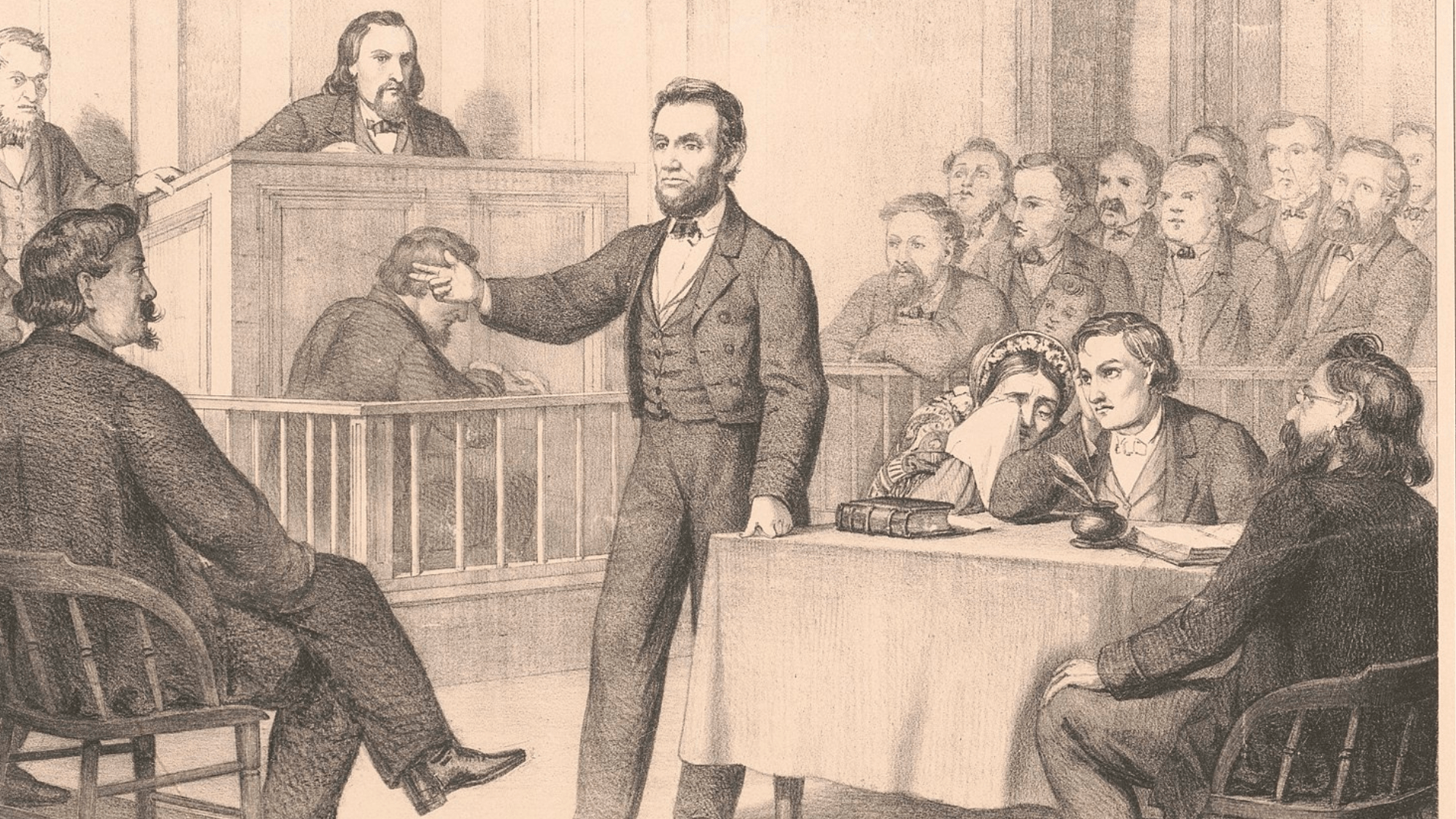
Library of Congress/Wikimedia Commons
In an era marked by diversity and immigration challenges, Lincoln navigated the complexities with a nuanced perspective. Holzer contends that Lincoln, while not always publicly liberal on the matter, consistently embraced the concept of open immigration, acknowledging its significance.
Lincoln Believed Immigrants Enriched America
During a pivotal moment in 1858, Lincoln addressed a predominantly German audience, referring to immigrants as “the blood of the blood” of America’s founders.
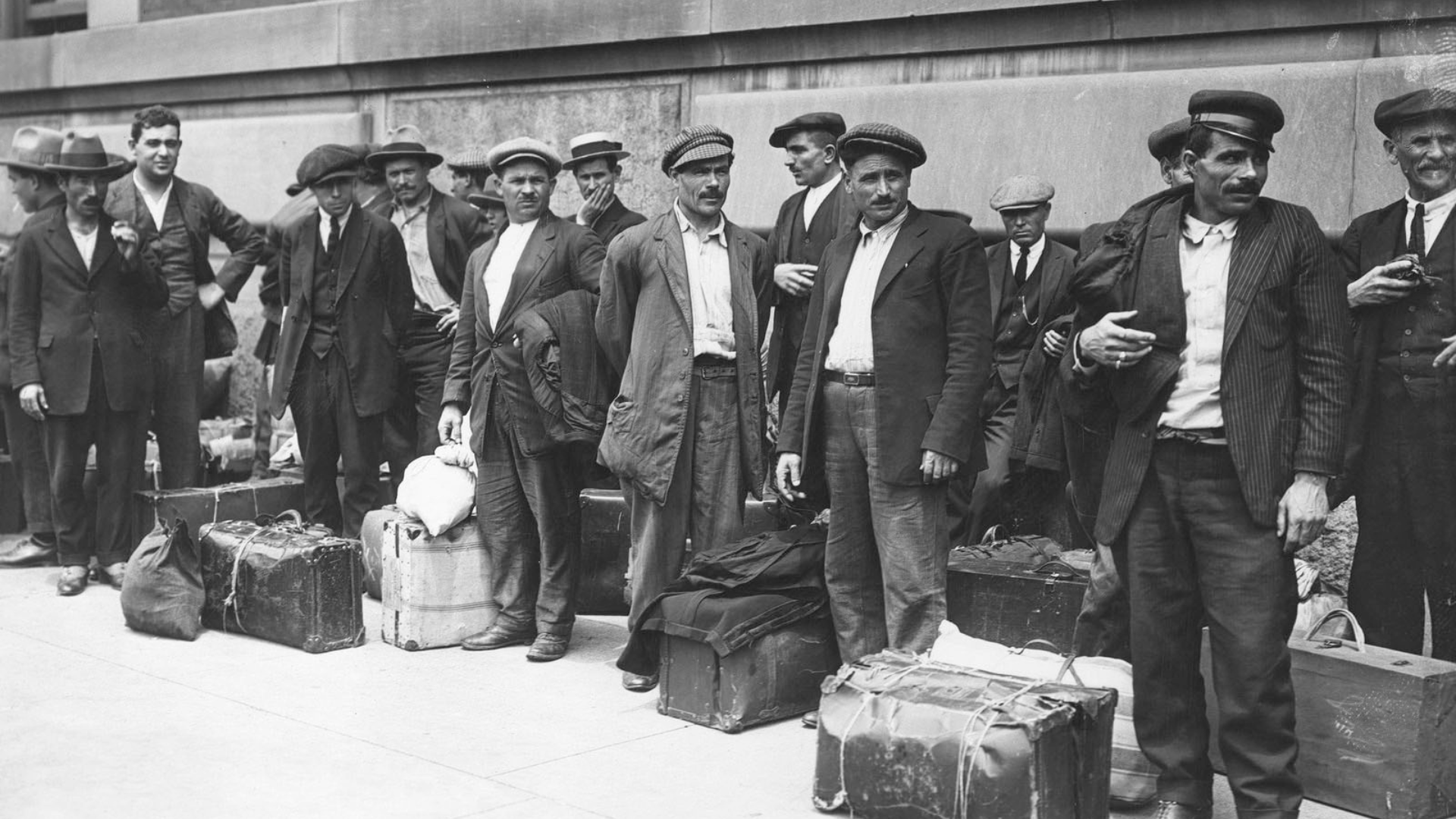
mákvirágok/Wikimedia Commons
Holzer contrasts this with modern rhetoric, pointing out that Lincoln saw immigrants as enriching the nation, not poisoning it.
Lincoln was Not Without His Complexities
The historian emphasizes that Lincoln’s views were not without complexities, as he continually sought balance between various interest groups.
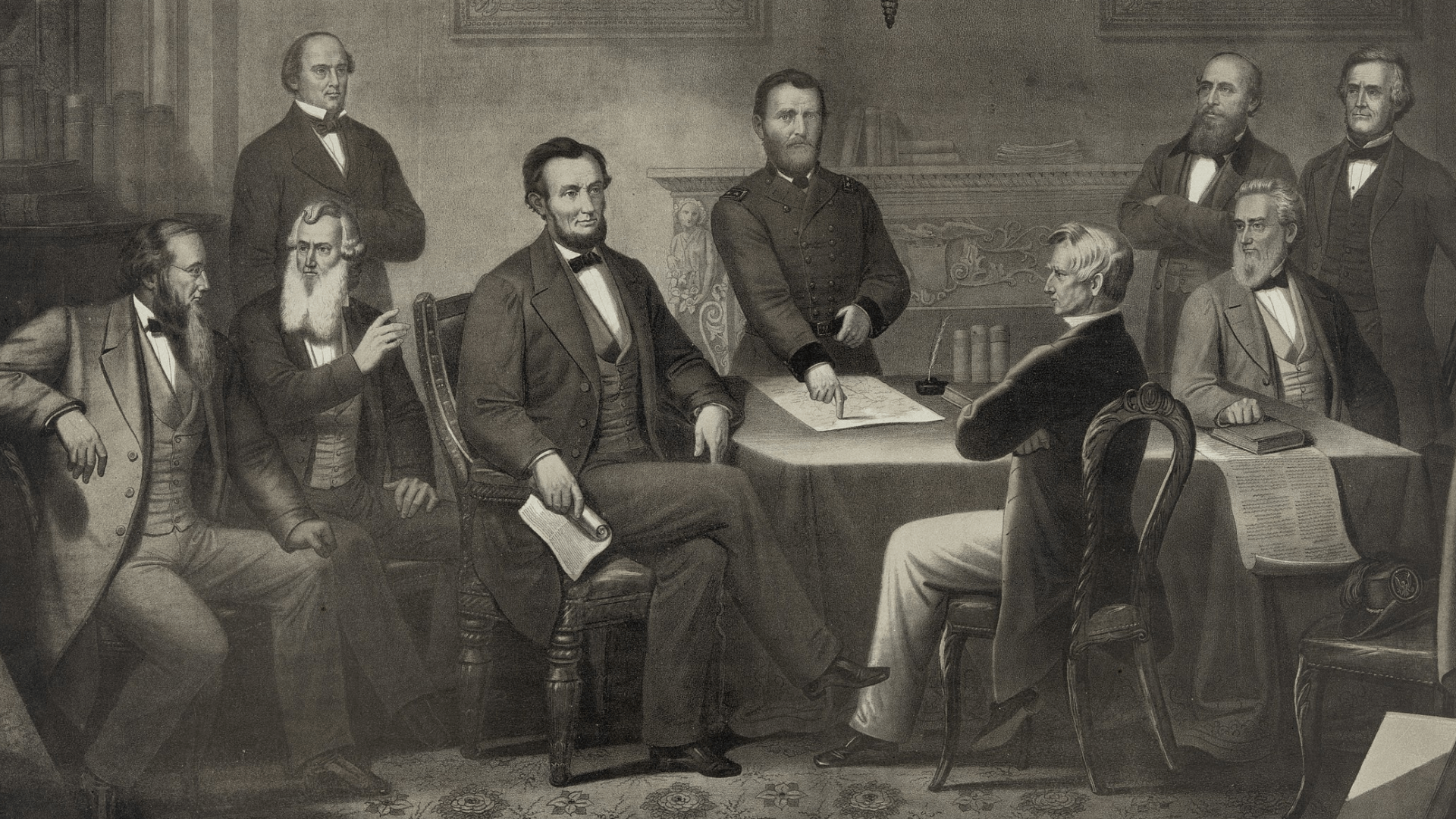
Library of Congress/Wikimedia Commons
For example, Lincoln tried his best to speak the language of wooing immigrant groups that aligned with his cause while also accommodating anti-immigration sentiments within his coalition.
Lincoln Recruited Immigrants During the Civil War
Holzer elucidates on the evolution of Lincoln’s thinking on immigration, illustrating a consistent belief in open borders and accessibility.
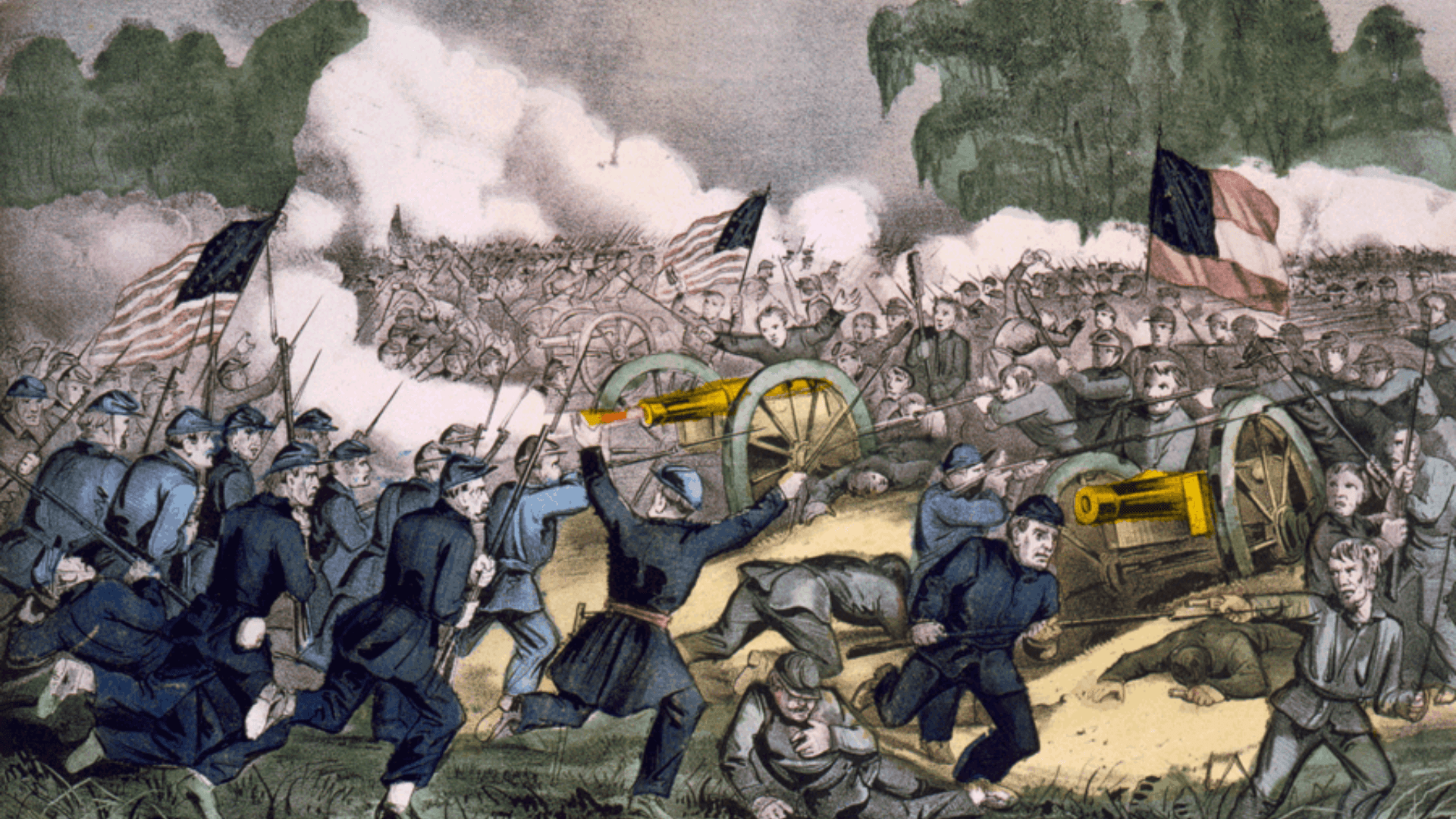
Library of Congress/Wikimedia Commons
As the Civil War loomed, Lincoln’s pragmatic approach led him to actively recruit immigrants, including Germans and Irish, into the Union army.
Lincoln’s Radical Proposal of Federal Support for Immigrants
The war’s toll on lives and labor prompted Lincoln to publicly advocate for immigration in a congressional address, proposing federal support for newcomers in Congress, an idea considered radical at the time.
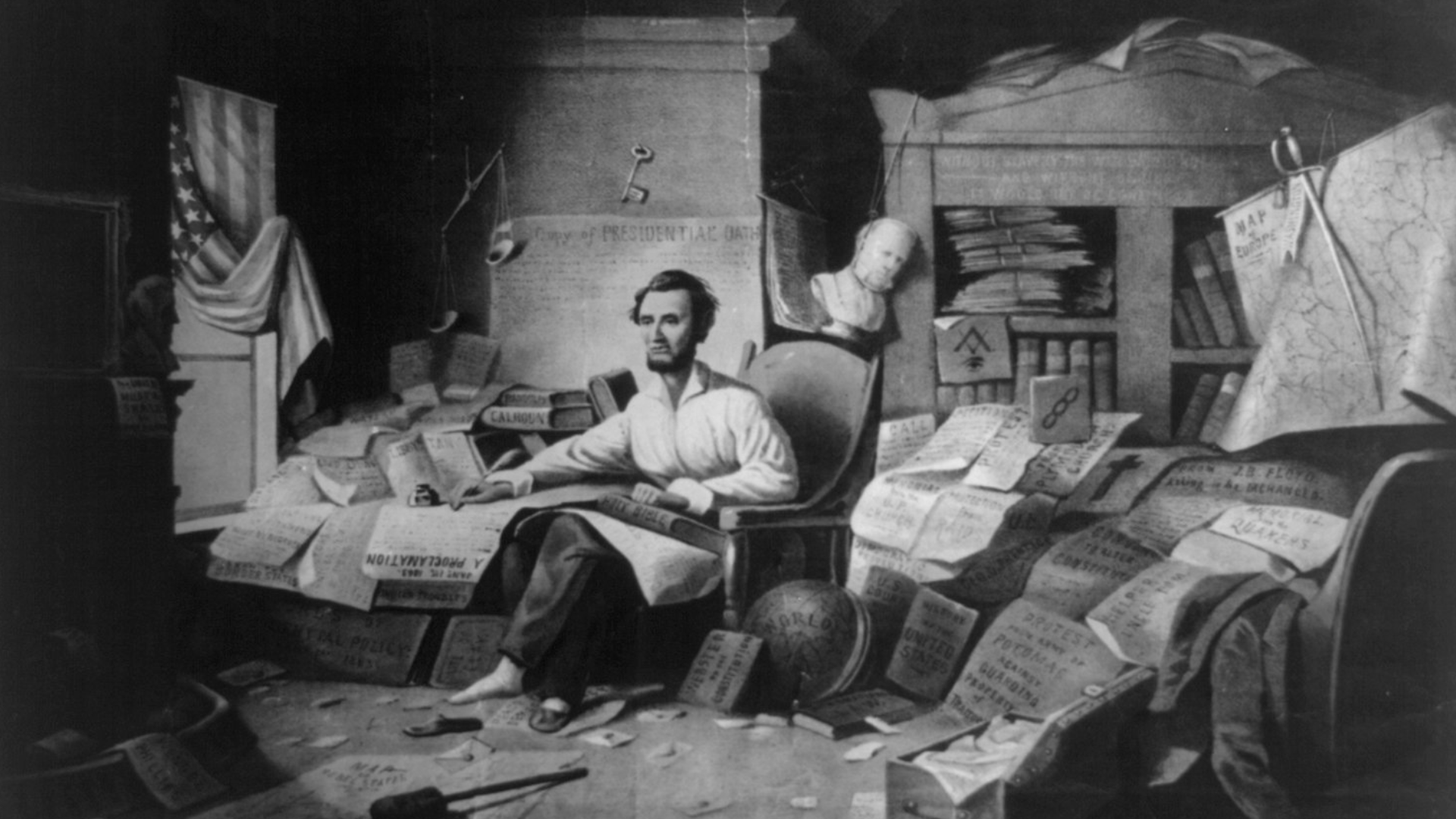
Library of Congress/Wikimedia Commons
Congress responded promptly by passing the first proactive federal legislation aimed at attracting, rather than discouraging, immigrants. This legislation included the establishment of the office of the U.S. immigration commissioner and banned indentured servitude for periods longer than a year. It also granted immigrants an exemption from immediate military draft participation in the Civil War.
Immigrants Played an Important Role in the Civil War
Holzer sheds light on the significant but often overlooked role immigrants played in the Civil War.
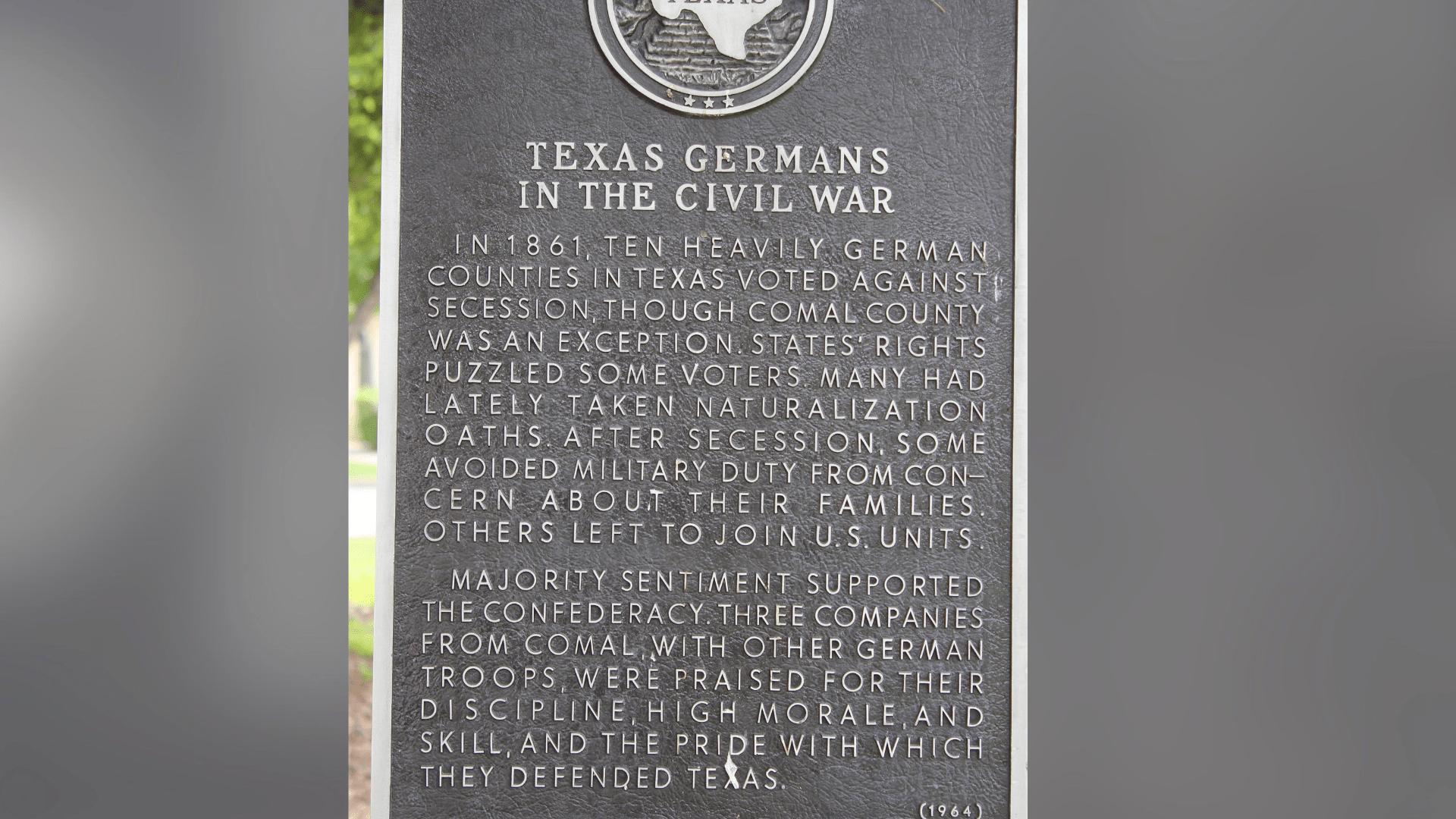
Darrylpearson/Wikimedia Commons
German and Irish recruits, among others, made substantial contributions to the Union cause, with at least 40 Medal of Honor winners among Germans and over 100 among the Irish. The immigrant community’s sheer manpower provided a crucial advantage to the North, shaping the outcome of the conflict.
Lincoln Helped Pass the Last Pro-Immigration Law Until Lyndon B. Johnson
Holzer contends that Lincoln’s victories extended beyond the Civil War, transcending into the realm of immigration.
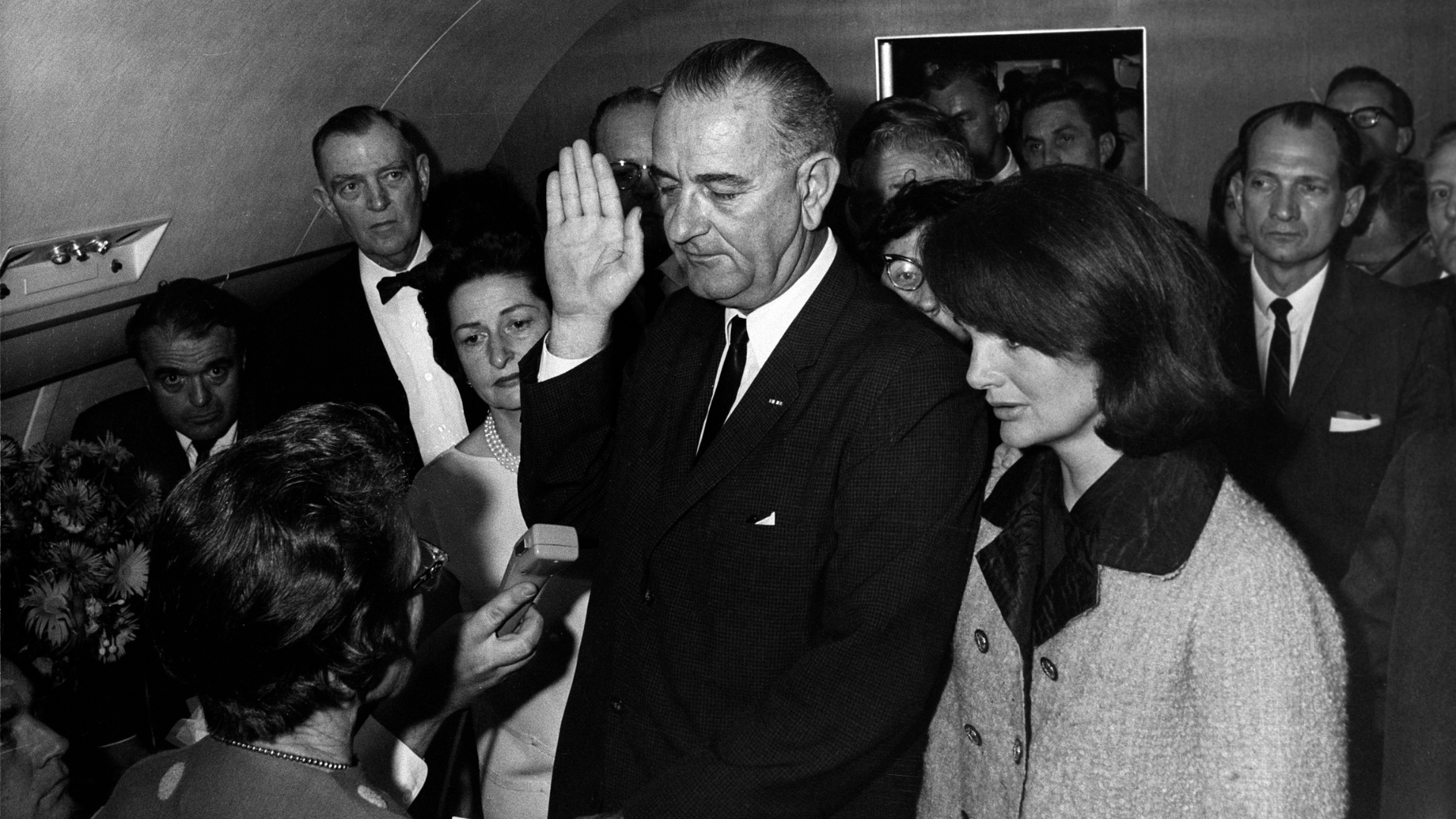
LBJ Library/Wikimedia Commons
The 1865 law, influenced by Lincoln though he did not live to sign it, was the last pro-immigration law for a century until Lyndon Johnson’s immigration reforms in 1965. This legislation highlighted Lincoln’s enduring impact on shaping the nation’s immigration policies.
Holzer Dedicates Book on Lincoln to Immigrant Ancestors
In a personal touch, Holzer dedicates the book to his immigrant grandparents, underscoring a connection to the topic beyond scholarly interest.
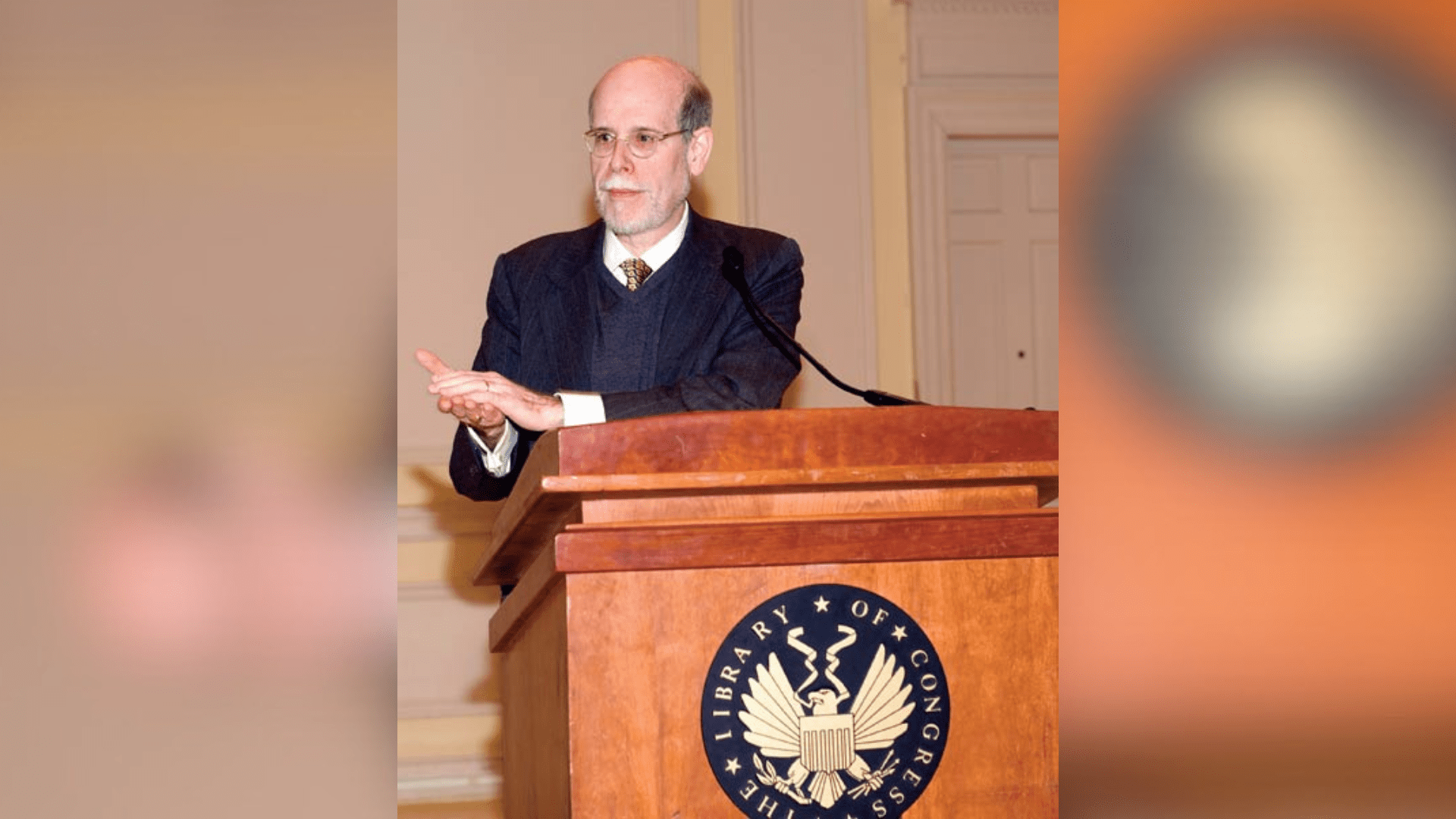
His family’s immigration story serves as a backdrop, acknowledging the courage and persistence of those who sought a better life in America. Holzer recognizes the debt owed to his ancestors and the nation’s open-door policy that facilitated their journey.
Appreciating Immigrants Who Have Fueled American Progress
While acknowledging the differences in the historical context, Holzer emphasizes the importance of recognizing immigrants as contributors who aspire to improve their lives.
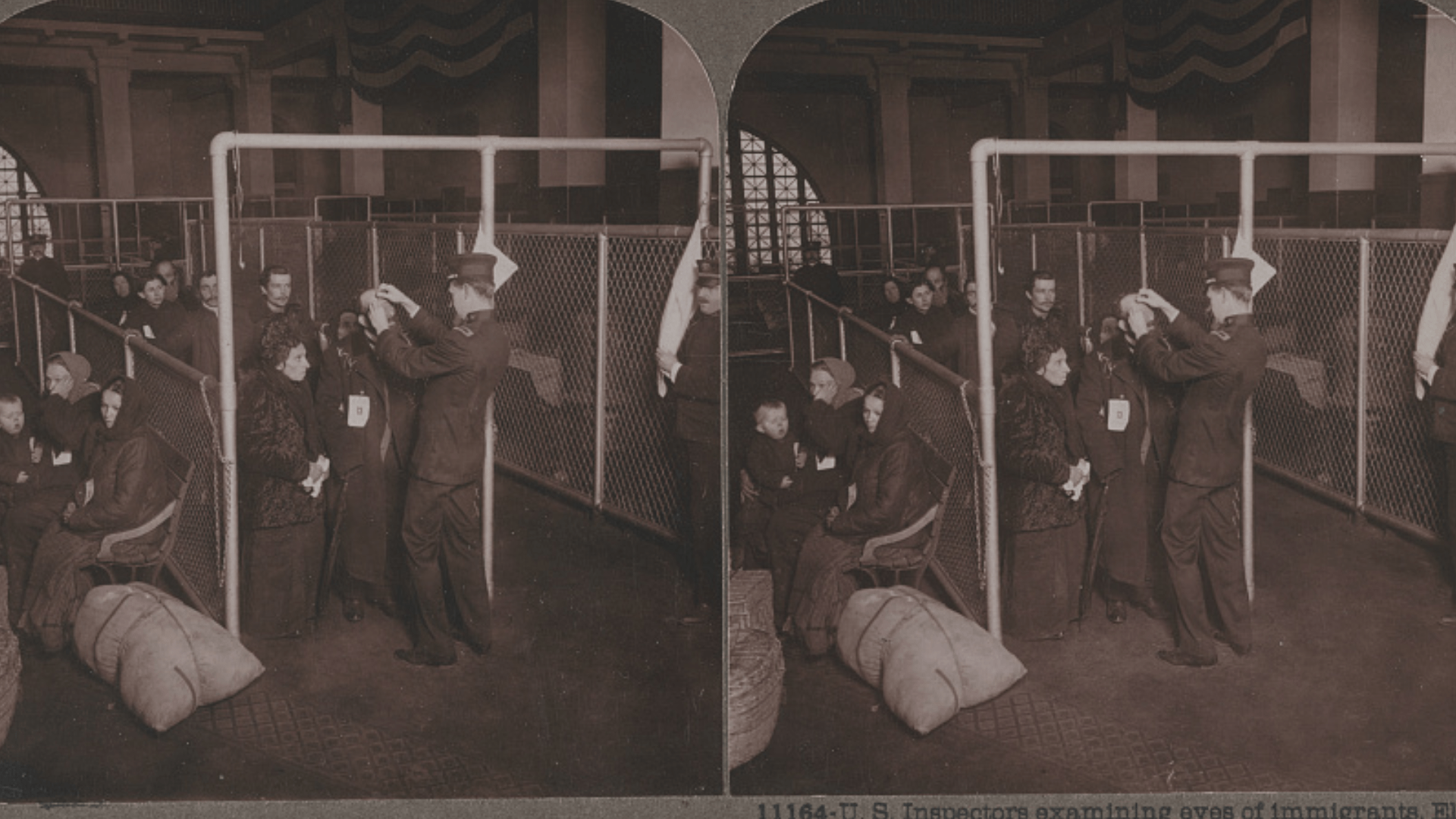
Library of Congress/Wikimedia Commons
He advocates for a rekindling of the appreciation for the diverse strivers who have historically fueled America’s progress. Holzer concluded the discussion at President Lincoln’s Cottage with reflections on the lessons Lincoln’s immigration legacy holds for contemporary leaders.
Immigrant Advocacy in the 19th Century
Holzer’s research uncovers a remarkable facet of Lincoln’s leadership, revealing a fervent advocate for immigration amid the challenges of the 19th century.

Erich Robert Joli Weber/Wikimedia Commons
The narrative goes beyond the well-trodden paths of Civil War narratives, presenting Lincoln as a visionary leader addressing the complexities of diversity and immigration in a nation divided. As the echoes of Lincoln’s wisdom resonate, Holzer urges a reevaluation of immigration narratives, encouraging an acknowledgment of the enduring contributions immigrants make to the fabric of American society.
